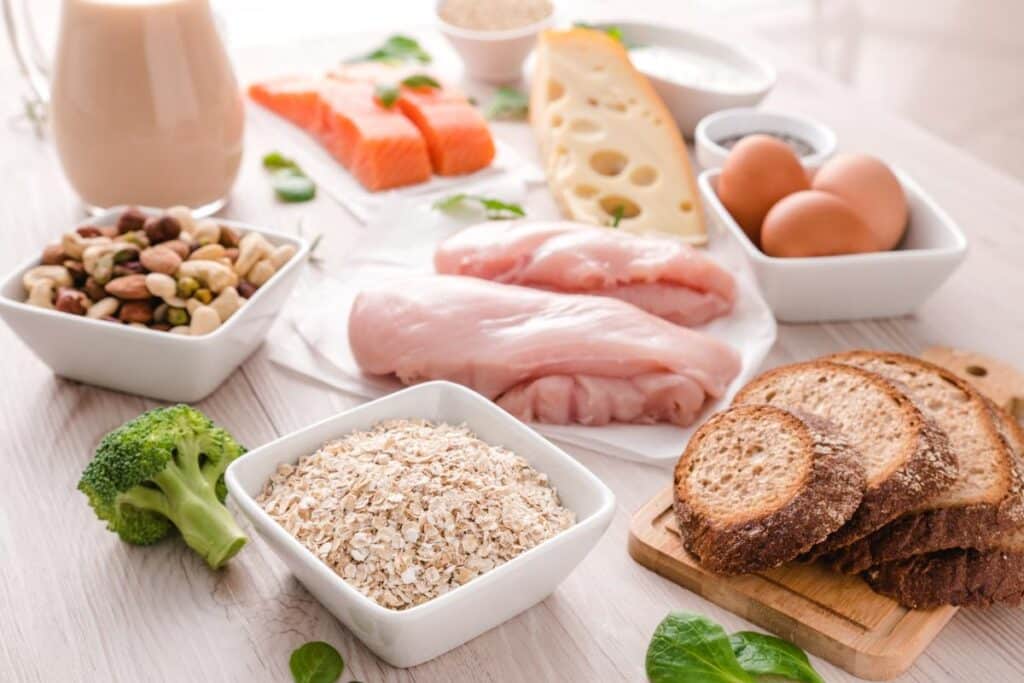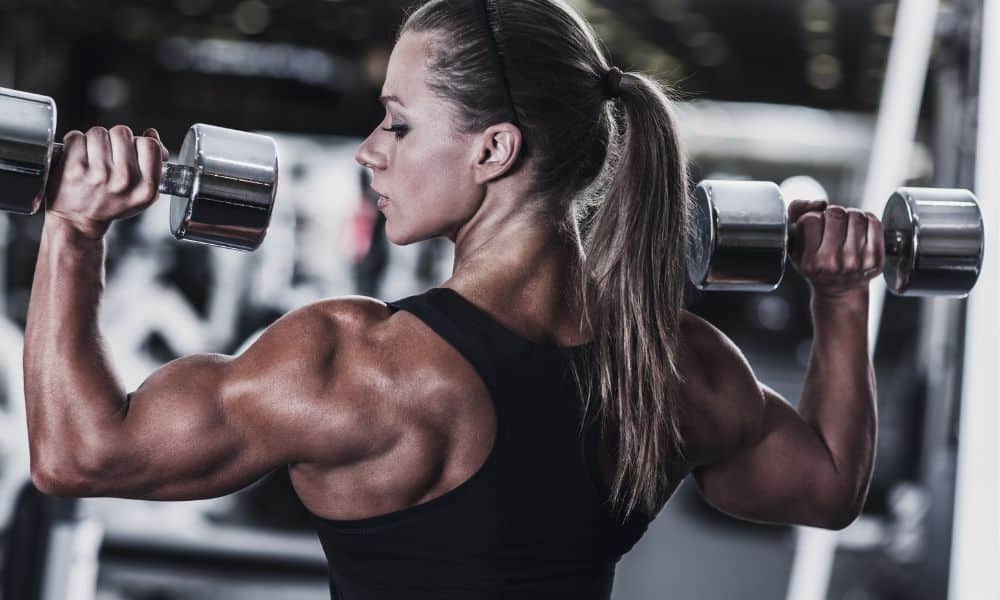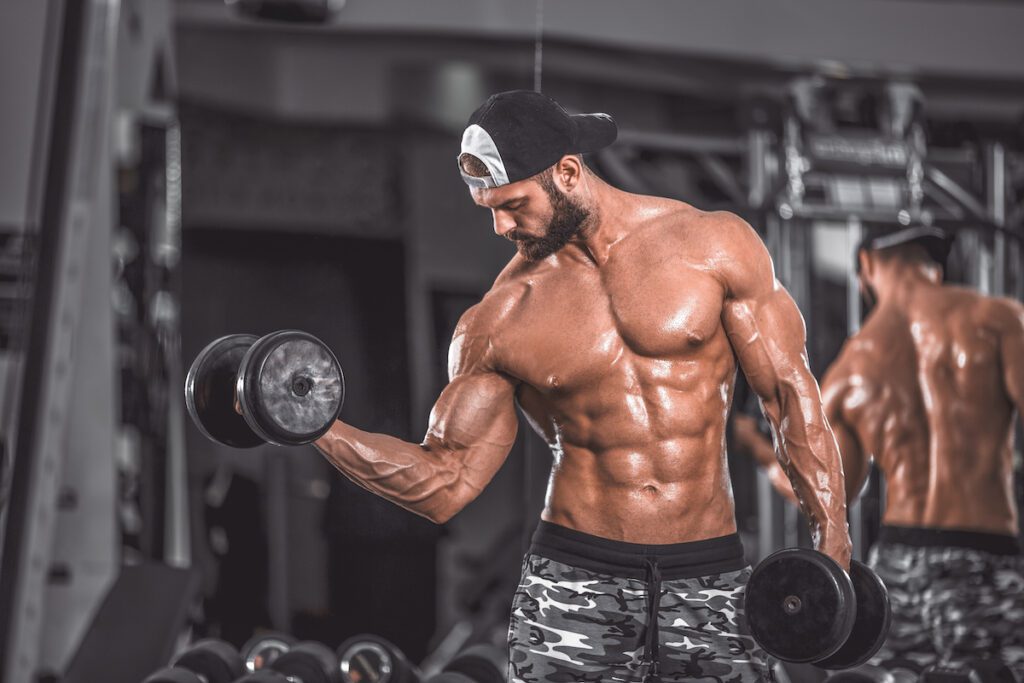Are you curious about diet and nutrition during the Bronze Era of bodybuilding? In the Bronze Era of Bodybuilding, the pursuit of physical fitness and strength was not solely dependent on training methods; diet and nutrition played a vital role in achieving optimal physical performance. Ancient civilizations understood the importance of a balanced and nourishing diet to support muscle development and overall well-being. Let us explore the dietary practices of this era, including staple foods, meats, and herbs, as well as the cultural and religious significance of certain foods in the pursuit of physical excellence.
A Balanced Diet for Physical Performance:
During the Bronze Era, bodybuilders and athletes recognized the significance of consuming a balanced diet with essential nutrients to support their physical endeavors. The diet focused on obtaining proteins, carbohydrates, fats, vitamins, and minerals. Meats, grains, vegetables, and fruits formed the foundation of their nutritional intake.
Staple Foods and Protein Sources:
The meat was a prominent protein source in the Bronze Era bodybuilding diet. Individuals consume various types of meat, including beef, chicken, lamb, and fish, to supply the body with the essential amino acids required for muscle development and recovery. The meat was often cooked using simple methods such as grilling or roasting, preserving its nutritional value.
In addition to meat, legumes, and dairy products were familiar protein sources. Lentils, beans, and peas provided plant-based protein options for those who preferred a vegetarian diet.
Carbohydrates for Energy:
Carbohydrates served as a crucial energy source for Bronze Era bodybuilders, enabling them to sustain rigorous training regimens. Grains such as rice, oats, and wheat were staple foods that provided a steady release of energy throughout the day. Bread and pasta made from whole grains were also popular choices.
Nutrient-Rich Vegetables and Fruits:
Vegetables and fruits were highly valued for their nutrient content and health benefits. Spinach, broccoli, carrots, and other colorful vegetables were rich in vitamins, minerals, and antioxidants that supported overall health and recovery. Fruits like apples, oranges, bananas, and berries offer a natural source of vitamins and hydration.
Herbs and Supplements:
Herbs were used not only to add flavor to meals but also for their potential health benefits. Garlic was believed to boost immunity and promote cardiovascular health, while ginger was thought to aid digestion and reduce inflammation.
Though supplements, as we know them today, were not widely available during the Bronze Era, specific tonics and elixirs made from natural ingredients were used to enhance energy and stamina.
Cultural and Religious Significance of Foods:
In many ancient civilizations, certain foods held cultural and religious significance. For example, in Greek and Roman cultures, olives and olive oil were revered for their health benefits and were often incorporated into meals. In India, ghee (clarified butter) was considered sacred and believed to have numerous healing properties.
Moreover, religious festivals and ceremonies often involved feasting, contributing to the diet’s social and cultural aspects during this era.
Conclusion:
The dietary practices of Bronze Era bodybuilding revolved around the fundamental understanding that food was not merely a source of sustenance but a vital tool for achieving physical excellence. A balanced diet consisting of staple foods, meats, vegetables, fruits, and herbs provides the necessary nutrients to support muscle development, energy levels, and overall well-being.
Cultural and religious beliefs also influenced food choices, adding a deeper dimension to the dietary practices of this era. As we continue to explore the relationship between diet and physical performance in the modern fitness world, we can draw inspiration from the simplicity and wisdom of Bronze Era bodybuilding’s nutritional practices. By embracing a balanced and nourishing diet, we can enhance our training efforts and strive for optimal physical health and performance.
If you love bodybuilding, share this article on Facebook or Twitter so that others can learn more about building muscle.




